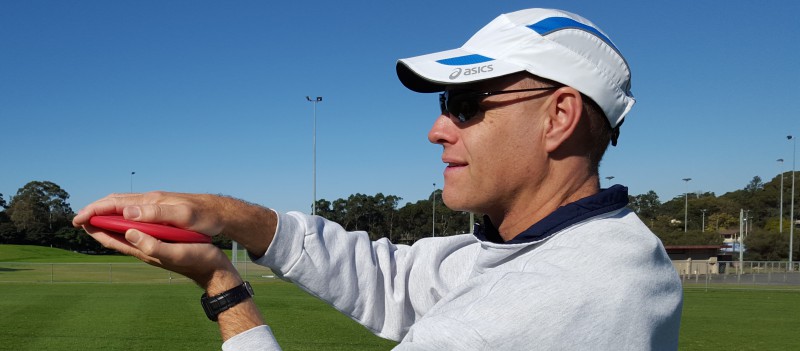5 Common Coaching Oversights That Can Derail Your Practice
As a coach, it’s easy to get so caught up in planning drills and activities that you forget about some important aspects of coaching. In this article, we’ll discuss five important things that coaches often forget to plan for, and provide some tips on how to anticipate and address these issues.
1. Transitions between activities
One of the most common mistakes coaches make is failing to plan for transitions between activities. If you don’t have a plan in place for moving from one drill to another, you risk losing the attention of your athletes and wasting valuable practice time. To avoid this, make sure you have a clear plan for each transition. Think about how you can move your group from one activity to the next with minimum interruptions to the flow of the session.
2. Different levels of skill
Another challenge coaches face is dealing with different levels of skill within a group. Some athletes may be advanced and require more challenging drills, while others may need more basic instruction. Some may struggle and require remedial attention. To address this, you’ll need to have a variety of drills and activities on hand that cater to different skill levels. You may also need to adjust your teaching style based on each athlete’s individual needs.
3. Kids arriving late to a session
Another issue coaches often forget to plan for is kids arriving late to a session. This can disrupt your practice and throw off your schedule, so it’s important to have a plan in place for how to handle late arrivals. Consider starting each session with a warm-up activity that latecomers can join in on, or assign a teammate to catch them up on what they’ve missed.
4. When kids arrive early to a session
On the flip side, coaches may also forget to plan for kids who arrive early to a session. While it’s great to have athletes who are eager to get started, you don’t want them getting bored or restless before the session begins. To prevent this, consider setting up a pre-practice activity that early arrivals can participate in. This might include providing access to equipment for free play or to practice some skills.
5. When an activity does not work
Finally, coaches sometimes forget to plan for when an activity doesn’t work out as planned. Whether it’s because the drill is too difficult, or the kids are not engaged, it’s important to have a backup plan in case something goes wrong. Consider having a few alternative activities or drills on hand that you can switch to if needed.
Summary
Being a successful coach means more than just planning out drills and activities. You need to anticipate potential problems and have a plan in place for how to address them. By taking the time to plan for transitions between activities, different skill levels, late and early arrivals, and failed activities, you can help ensure that your coaching sessions run smoothly.
If this post helped you please take a moment to help others by sharing it on social media. If you want to learn more I encourage you to leave questions and comments or contact me directly.
Darren Wensor is a sports development professional, coach educator, specialist coach of young athletes, and founder of the blog coachingyoungathletes.com. Learn more about him here and connect with him on Twitter, Facebook, Linkedin, or via email. Check out Coaching Young Athletes on YouTube, the Coaching Young Athletes podcast, and the Coaching Young Athletes E-Book Series.

